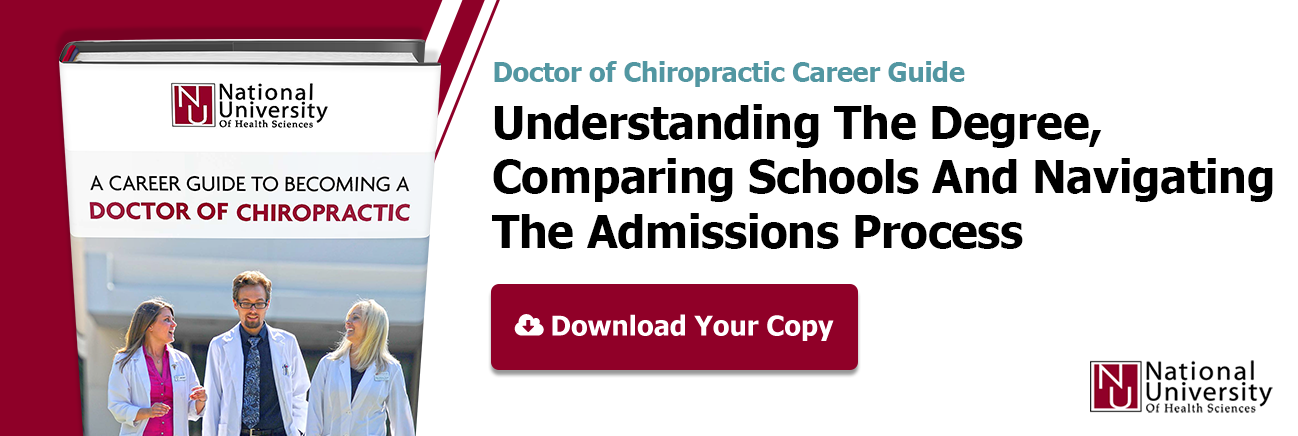Have you heard the buzz-phrase “STEM” career or “STEM” education? STEM stands for Science-Technology-Engineering-Mathematics, and it’s become an important acronym for employers, educators and policy makers nationwide. This is because the demand for professionals trained in science, technology, engineering and math keeps growing.

What are some of the facts about STEM degrees and STEM careers? In 2011, Georgetown University Center on Education and the Workforce did a workforce study focused on STEM education and workforce issues. Here’s what the report found:
- Workers with associate’s degrees in STEM fields out-earn 63 percent of people who have bachelor’s degrees in other fields.
- Almost half of workers with bachelor’s degrees in STEM fields out-earn workers with PhDs in other fields
- Regardless of occupation, people with a bachelor’s degree in a STEM major make roughly $500,000 more over their lifetimes than non-STEM majors.
- Over the past 30 years, salaries in STEM-related jobs have jumped faster than those in any other occupation other than healthcare professionals and managerial occupations.
- STEM wages jumped 31 percent over the past 30 years, compared with 23 percent for all non-STEM occupations.

What does this mean for you? It means that finishing your bachelor’s degree in biomedical science at National University may be a very smart decision in building a successful and rewarding career. Learn more by planning to attend one of our student-for-a-day events.





0 Comments